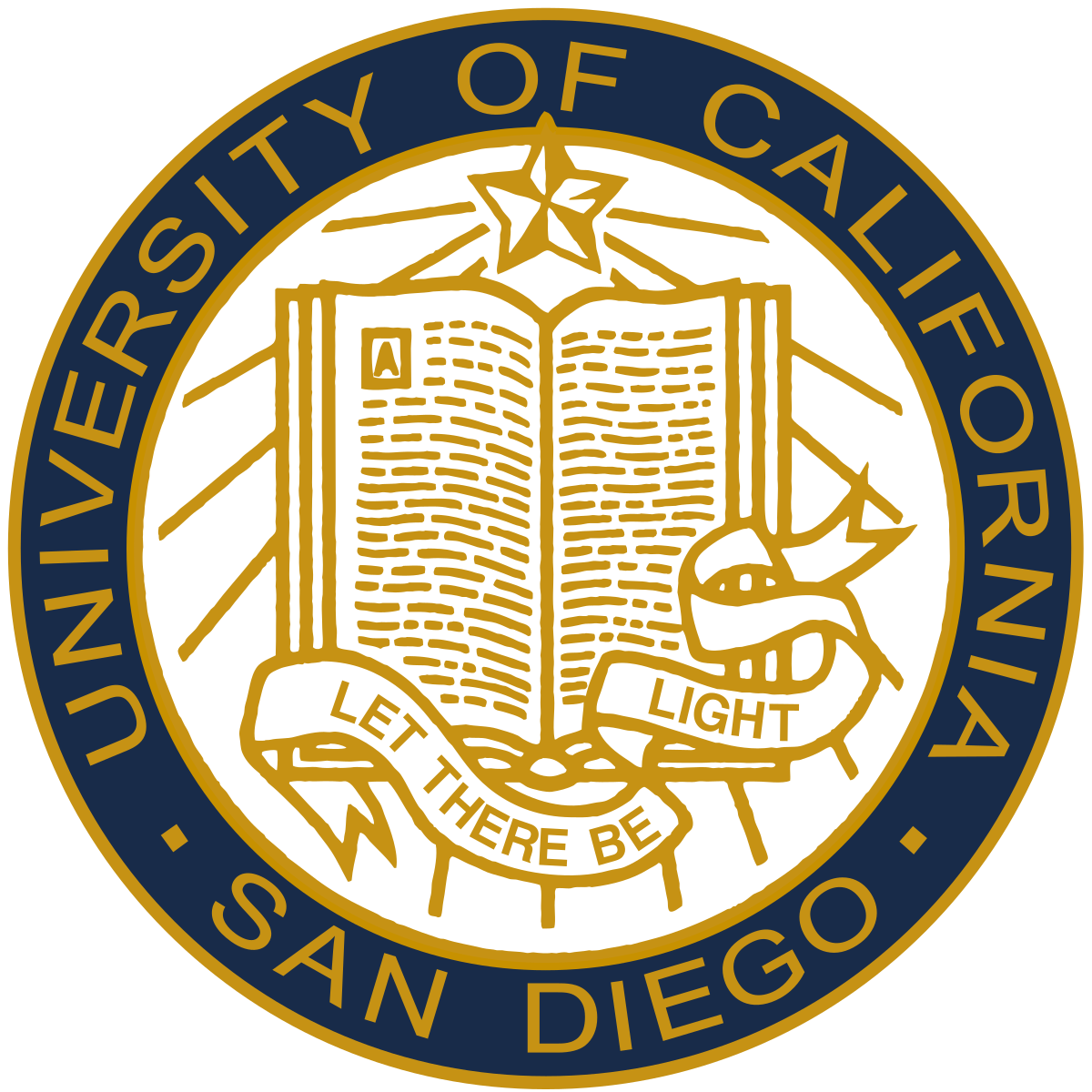UC San Diego: NIH Funds New Program to Broaden Diversity in Neurobiology
For some students, stepping onto the sprawling UC San Diego campus for the first time can be daunting.
For transfer students, the challenges can escalate, given their compressed time frame at the university. Demands are especially compounded for those with aspirations in the sciences and the hope of connecting with a laboratory to gain hands-on research experience.
“It’s a dizzying amount to try to take in right at the beginning,” said Brenda Bloodgood, an associate neurobiology professor in the Division of Biological Sciences.
Bloodgood speaks from experience. As a transfer student coming in fresh to UC San Diego from San Diego Mesa College in 1998, Bloodgood often wondered if she really belonged. She found herself in the all too common battle with the demons of imposter syndrome. Slowly, she found her footing.
“My path was filled with lots of good luck and the generosity of people being willing to train and help me, but it still felt a little bit like I was scrambling to catch up and figure out what I was doing,” she said.
Now Bloodgood, fellow neurobiologist Ashley Juavinett and several of their colleagues have established a multi-year program designed to train and mentor a diverse pool of transfer students interested in pursuing neurobiology.
The National Institutes of Health (NIH) has granted UC San Diego $1.29 million in funding to establish the new “STARTneuro” program through the NIH’s Enhancing Neuroscience Diversity through Undergraduate Research Experiences (ENDURE) initiative, which is focused on raising interest and opportunities in neuroscience research for individuals who are typically underrepresented in the field. STARTneuro is modeled after the National Science Foundation-funded START program (2015-2017), conceived and implemented by Eduardo Macagno, a distinguished professor in Biological Sciences.
“The neuroscience research training and mentorship I received in the START program were vital contributors to my progression as an undergraduate researcher,” said Oliva Mota Segura, who attended the START program in 2015. “My experience as a START scholar gave me the tools to pursue further accomplishments such as presenting my research project at local and national conferences. As I prepare to enter a psychology graduate program this fall, I am confident that the research skills I developed as a START scholar will help me succeed as a graduate researcher.”
The new program is designed to continue this momentum.
Image
A celebration for students from several cohorts of START, a National Science Foundation-funded program (2015-2017) that was conceived and implemented by Biological Sciences Distinguished Professor Eduardo Macagno.
“This grant will provide five years of funding to train and mentor diverse UC San Diego transfer students who would like to pursue neuroscience research,” said Juavinett, an assistant teaching professor in the Division of Biological Sciences and co-director of STARTneuro. She recently published the book “So You Want To Be A Neuroscientist?,” which serves as a guide for aspiring neuroscientists. “Students will be funded to attend a summer program where we ramp them up on technical skills, and will continue to receive funding and mentorship throughout the school year while they work in a lab on campus.”
The program begins with a 10-week summer research training program focused on key neuroscience techniques. During the school year, STARTneuro facilitates lab placements with faculty mentors. The program also provides ongoing mentorship and workshops to prepare students to apply for Ph.D. programs.
The goal of ENDURE is to provide underrepresented individuals with training at the undergraduate level, so that they are prepared to enter and successfully complete neuroscience Ph.D. programs, according to the NIH. Participants include those from underrepresented racial and ethnic groups, individuals with disabilities and those from economically disadvantaged backgrounds.
For those who may not be aware of neurobiology as a viable career path, Bloodgood says the program will help address a torrent of questions. How do you succeed at UC San Diego? How do you put together a neuroscience graduate school application? How do you make the most of the opportunities you have?
“We’ve been given an incredible opportunity to nurture the talent of some of our outstanding transfer students and jump-start their entry into neuroscience,” said Bloodgood, co-director of STARTneuro. “This program is meant to identify some incoming transfer students who are interested in neuroscience and help them find a path in an accelerated way, then shepherd them through their time at UC San Diego to hopefully build a more diverse neuroscience community.”
On a national level, ENDURE undergraduate training programs are designed to support a range of activities to increase student interest and involvement in the neurosciences. These include research experiences, core and advanced neuroscience courses, seminars and journal clubs. UC San Diego STARTneuro students will be part of the national ENDURE program “family” and the possibilities it offers of exploring neurobiology opportunities in other cities.
“We hope we can really be the springboard to help students see what the possibilities are, see how their talents can be developed to further their aspirations and help our students really strive as high as they want,” said Bloodgood. “We want them to know: ‘You are not an imposter, so you really can take pride in the ownership that you belong here. You’ve earned it.’ Ultimately, I think this program aims to take an individual transfer student from feeling like they are a tiny fish and they don’t even know where to swim, to feeling like they are part of this big school and there are lots of people that are looking out for them.”
Transfer students will come from partner community colleges including Grossmont Community College, MiraCosta College, San Diego City College, San Diego Mesa College, San Diego Miramar College and Southwestern Community College.
In addition to Juavinett and Bloodgood as co-directors, STARTneuro’s leadership team includes Macagno, Stanley Lo, David Artis and Terry Gaasterland.

